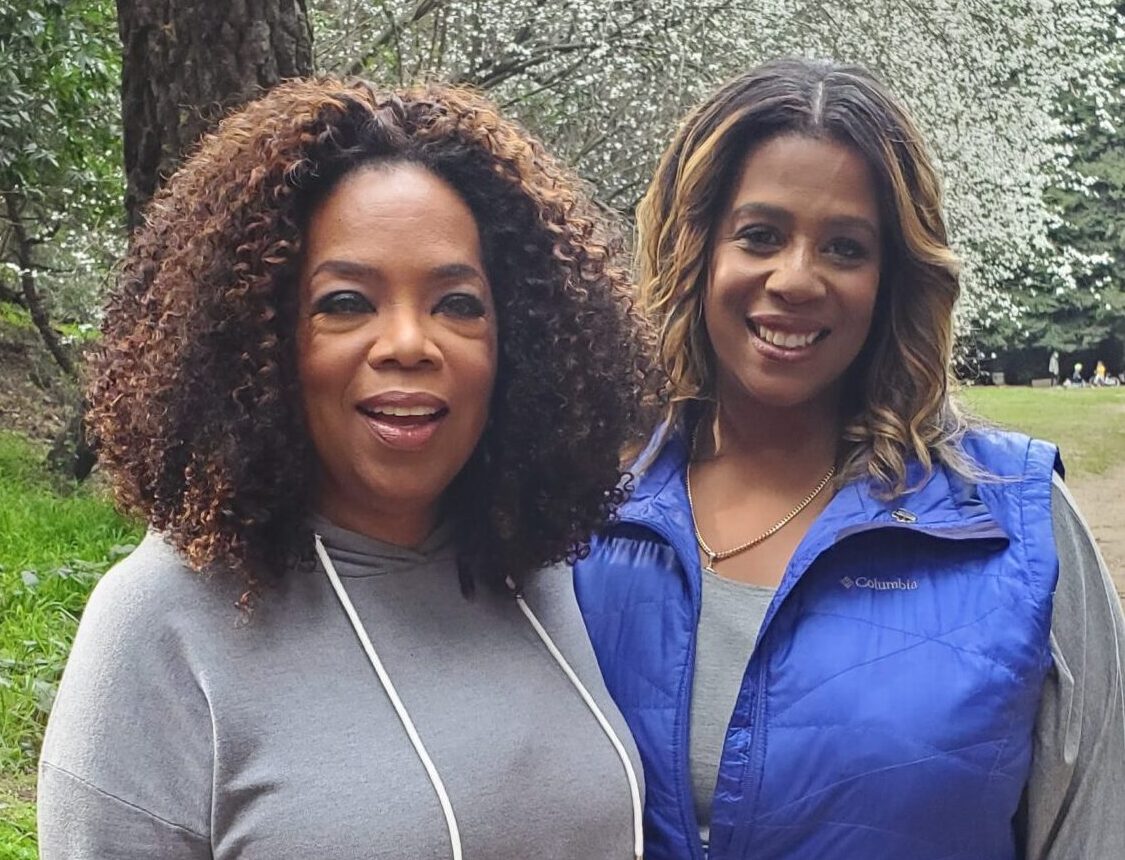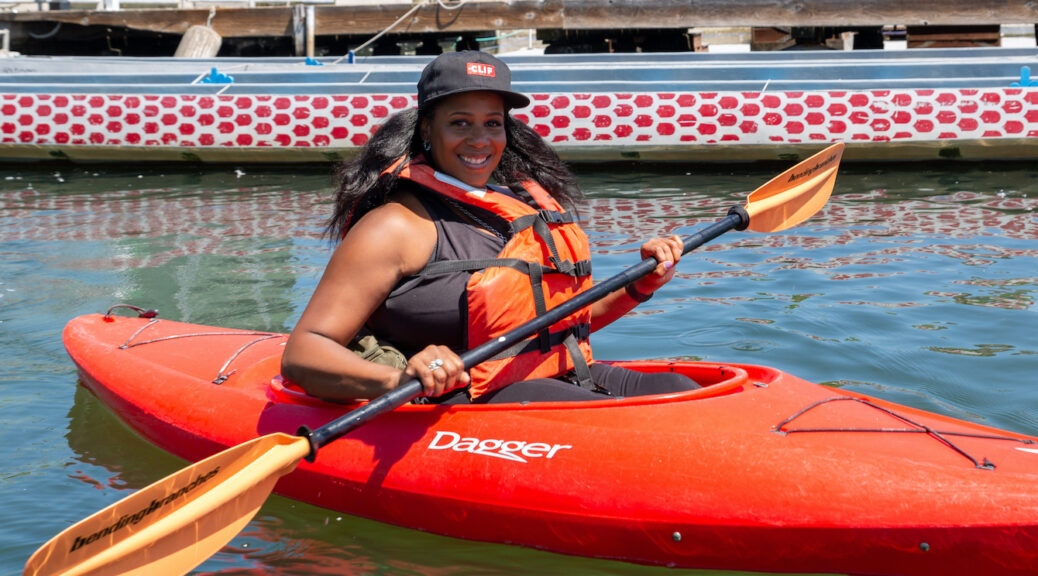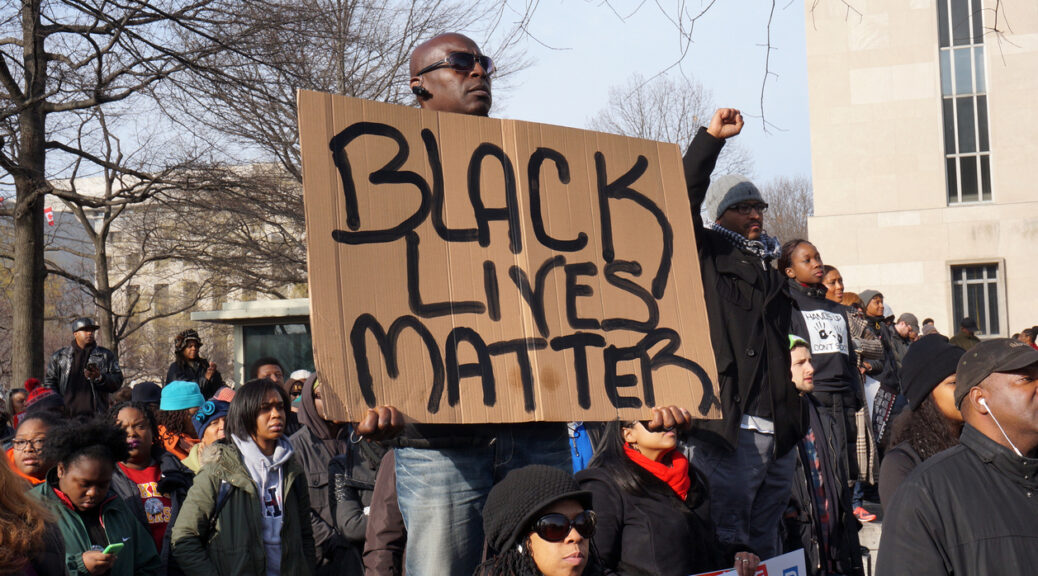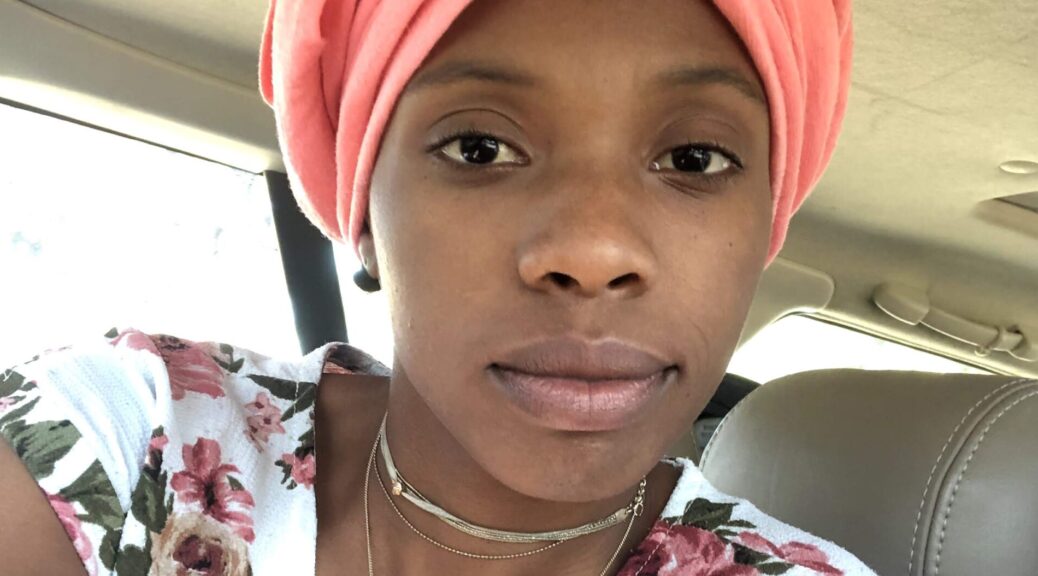Rue Mapp is encouraging African Americans to reconnect with nature through her nonprofit Outdoor Afro and has already inspired thousands to enjoy the great outdoors like Oprah Winfrey.
By Heather Newgen
Rue Mapp has always loved the outdoors. She regularly hiked, fished and swam near her Northern California home growing up, but often noticed she was usually the only person of color on the trails.
“I was tired of being the only one on backpacking trips and camping trips when I joined with various clubs over the years. I wanted more people to experience the benefits of the outdoors and the joy of the outdoors,” Mapp told The Voluntourist via email.
So eleven years ago she started a website to document her outdoor adventures and to encourage the Black community to get outside.
“Outdoor Afro started off as a blog, a passion back in 2009 when I just decided that I wanted to experience more people who looked like me in the outdoors and talk about why I love the outdoors,” she said.
 Oprah Winfrey and Rue Mapp photo courtesy of Outdoor Afro
Oprah Winfrey and Rue Mapp photo courtesy of Outdoor Afro
Much to her surprise, Mapp learned there was actually more people of color experiencing the outdoors like she was, but realized a major issue.
“I didn’t see people who look like me, I started this blog, and something really miraculous happened. People from all over the country (at the dawn of social media) raised their digital hands and said, “Me, too! I love nature, too!” And I realized we had a visual representation problem. When you put all the people who thought they were the only ones together, we were actually quite numerous.”
RELATED: Being Black in Boise, Idaho
So Mapp has been on a mission to change the lack of representation. Over the course of a decade, Outdoor Afro has evolved into an organization that now connects African Americans to exciting outdoor adventures.
“Now we are a national not-for-profit network that has 90 volunteer leaders, people who we’ve trained, in 30 states who are leading and curating these fabulous outdoor experiences every single weekend around the country. The participation network is now about 40,000 people,” Mapp explained.
“Outdoor Afro’s work is changing the current representation of who gets out and who leads in the outdoors. There’s a different story that needs to be told, and Outdoor Afro’s telling it. We’ve already seen the result of that telling, creating a lasting change and shift. When we first started in 2009, there was no expected representation. No one was asking for it, and it wasn’t being created in a mainstream way that was visible through mainstream outlets. We’ve been very deliberate using social media to shift that visual representation of who we imagined gets outside,” she stated. “We’ve worked closely with partners, in marketing, within the outdoor industry who have amplified our messages. Over time, there have been new norms. There’s just been a level set that happened where the expectation was for people who are depicted in the outdoors who look more like America, and, especially in our case, represent Black people as strong, beautiful, and free of all ages.”
For the last six years, Outdoor Afro has hosted the Glamp in Broadcast Gala in an effort to raise money in support of empowered Black connections in nature.
This year the fundraising event has shifted online and will take place September 12th at 5:00 p.m. PST/ 8:00 pm. EST.
The celebration will bring people together from around the world free of charge and online from the comfort of their homes. Building upon the success of five consecutive years of sold out in-person events, this glamorous evening will feature Outdoor Afro Founder and CEO Rue Mapp, keynote speaker Boots Riley (rapper, producer, film director and activist) interviewed by Davey D (hip hop journalist), and hosted by Yosemite Park Ranger and author Shelton Johnson, along with other inspiring leaders and diverse outdoor and cultural champions. The event supports Outdoor Afro’s programs to inspire Black connections and leadership in nature by helping people take better care of themselves, our communities and our planet.
To register click here.



